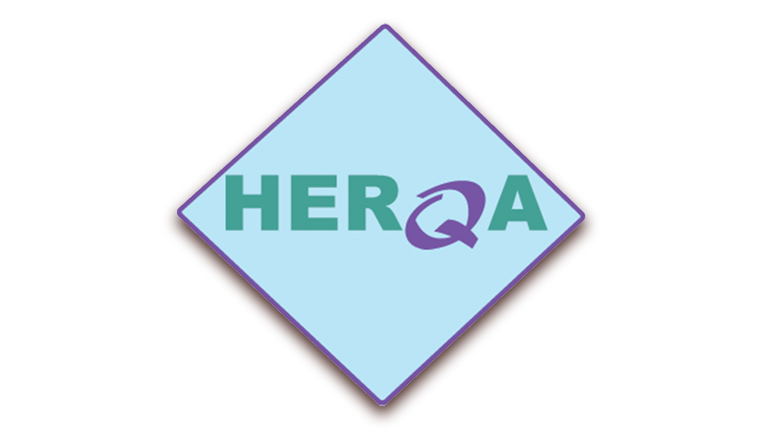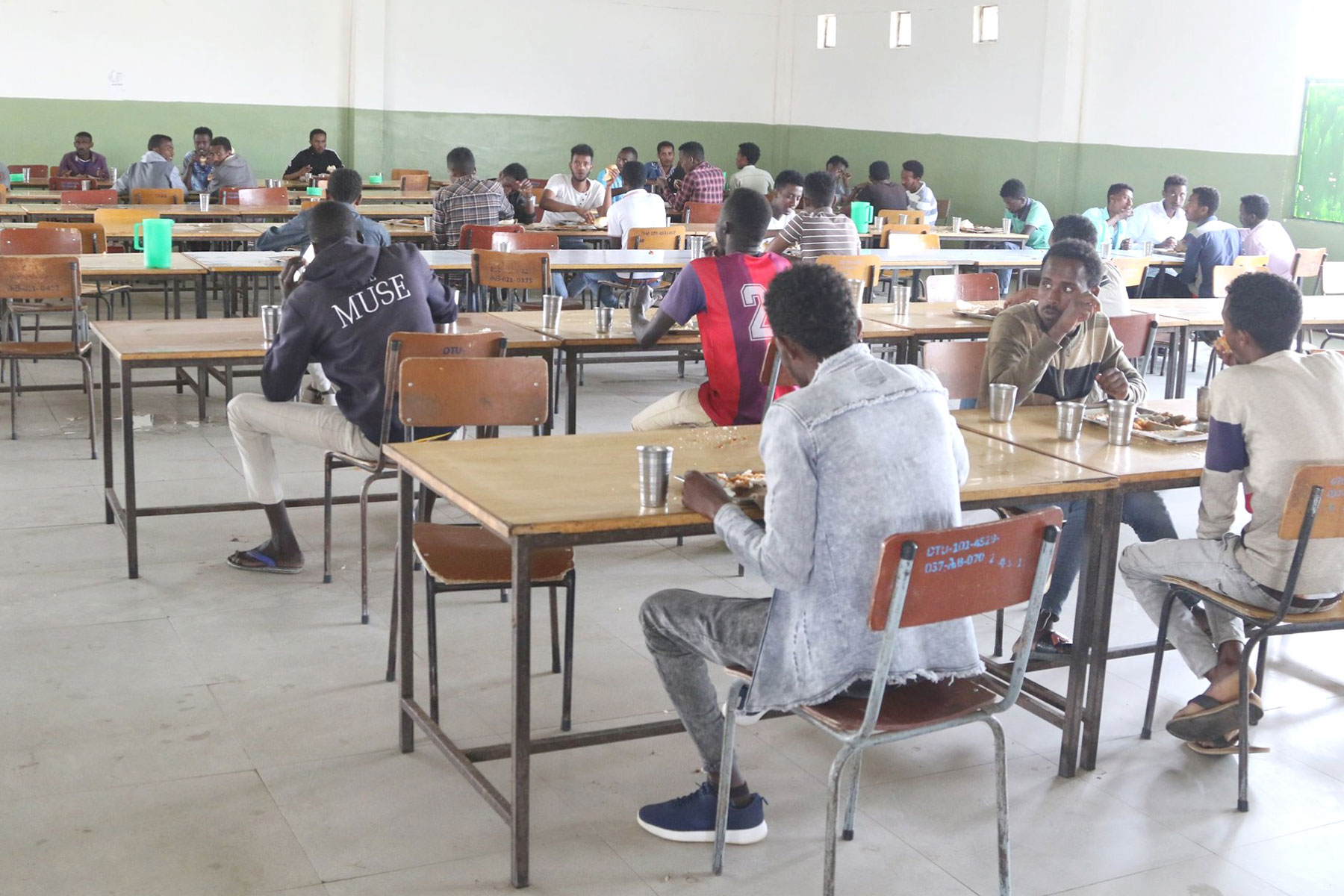
Radar | Jun 21,2025
Mar 12 , 2022
By Shewangezaw Seyoum
Ethiopia has 51 public universities and hundreds of private ones, not all operational, that work around the hour to afford millions of youth across the country with the necessary know-how before they enter the labour market.
But as the number of students exploded, the universities have been blamed for a lack of quality education and graduating students poorly equipped for the workforce. This is despite the billions of Birr being poured into higher education institutions, especially in the case of public universities, to improve facilities and human resources in the faculty. While the end goal remains elusive, it is also calling into question the financing model and whether it could be sustained.
Ethiopian public institutions of higher education are on a drive to commercialise their academic activities by establishing university business enterprises. In this they are seeking services of consultancy firms to help them in the process of identifying business areas, feasibility analysis and preparation of business plans among others.
Ethiopian higher educations institutions have long been known for their lack of interaction and engagement with their surrounding communities and exclusive reliance on government coffers to finance their activities. Cost-sharing schemes, where students finance their studies on a grant basis and pay back their loans once in the labour force, have been implemented for some time now. But the success of such a scheme is doubtful due to rampant unemployment. That means most students would not be able to pay back what they owed the government after graduation since they cannot secure a job in the first place.
Complicating the matter further, raging inflation for years may cancel out meaningful returns for the universities even if an adequate number of their alumni are able to make good on their debts, given the interest rates on them are in the mid-single digits.
While the present attempt to commercialise their academic activities could be said to be a move in the right direction, it does not go far enough. That is because pursuing different revenue streams and changing their processes might prove helpful in alternative income and resource generation, but it does not address the broader socioeconomic need. In particular, simply selling stuff and services does not help much in a country where challenges of rampant unemployment, stifling foreign exchange shortages and exorbitant prices are prevalent.
In light of this, the concept of most relevance is the entrepreneurial university. Entrepreneurial universities are institutions that are oriented towards promoting staff and students to demonstrate enterprise, innovation, and creativity in research, teaching and knowledge transfer. It is about a mindset focused on innovation and rational risk-taking with the purpose of transforming the old closed educational system of higher education institutions. It also encourages partnerships between academic and private businesses. Such universities will be able to survive and adapt in highly complex and uncertain conditions of the environment in which they operate.
Of course, to be able to deliver such a result, the universities themselves need to be in a good position in terms of staff profile and facilities. The prevailing state of higher education leaves much to be desired as it is marred by lack of motivation to engage in innovative pursuit, shortage of practices and opportunities, and entrepreneurial competence. The issue of paramount importance then becomes how to develop academia's entrepreneurial orientation and strengthen support for institutions and services.
The answer lies in the identification of the universities' role in addition to their traditional missions (education and research), which is to contribute to national economic development through the transfer of research results from the laboratory and shelves to the real world where implementation is necessary.
PUBLISHED ON
Mar 12,2022 [ VOL
22 , NO
1141]


Radar | Jun 21,2025

Radar | Oct 10,2020

Fortune News | Jan 16,2021

Radar | Sep 28,2019

Radar | Jun 29,2019

Radar | Dec 24,2022

Editorial | Sep 14,2024

Agenda | Dec 05,2018

Viewpoints | Mar 25,2023

Fortune News | Apr 28,2024

My Opinion | 131507 Views | Aug 14,2021

My Opinion | 127863 Views | Aug 21,2021

My Opinion | 125841 Views | Sep 10,2021

My Opinion | 123471 Views | Aug 07,2021

Dec 22 , 2024 . By TIZITA SHEWAFERAW
Charged with transforming colossal state-owned enterprises into modern and competitiv...

Aug 18 , 2024 . By AKSAH ITALO
Although predictable Yonas Zerihun's job in the ride-hailing service is not immune to...

Jul 28 , 2024 . By TIZITA SHEWAFERAW
Unhabitual, perhaps too many, Samuel Gebreyohannes, 38, used to occasionally enjoy a couple of beers at breakfast. However, he recently swit...

Jul 13 , 2024 . By AKSAH ITALO
Investors who rely on tractors, trucks, and field vehicles for commuting, transporting commodities, and f...

Jun 28 , 2025
Meseret Damtie, the assertive auditor general, has never been shy about naming names...

Jun 21 , 2025
A well-worn adage says, “Budget is not destiny, but it is direction.” Examining t...

Jun 14 , 2025
Yet again, the Horn of Africa is bracing for trouble. A region already frayed by wars...

Jun 7 , 2025
Few promises shine brighter in Addis Abeba than the pledge of a roof for every family...

Jun 29 , 2025
Addis Abeba's first rains have coincided with a sweeping rise in private school tuition, prompting the city's education...

Jun 29 , 2025 . By BEZAWIT HULUAGER
Central Bank Governor Mamo Mihretu claimed a bold reconfiguration of monetary policy...

Jun 29 , 2025 . By BEZAWIT HULUAGER
The federal government is betting on a sweeping overhaul of the driver licensing regi...

Jun 29 , 2025 . By NAHOM AYELE
Gadaa Bank has listed 1.2 million shares on the Ethiopian Securities Exchange (ESX),...